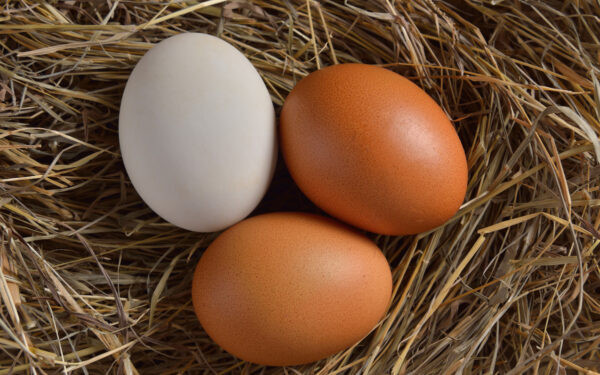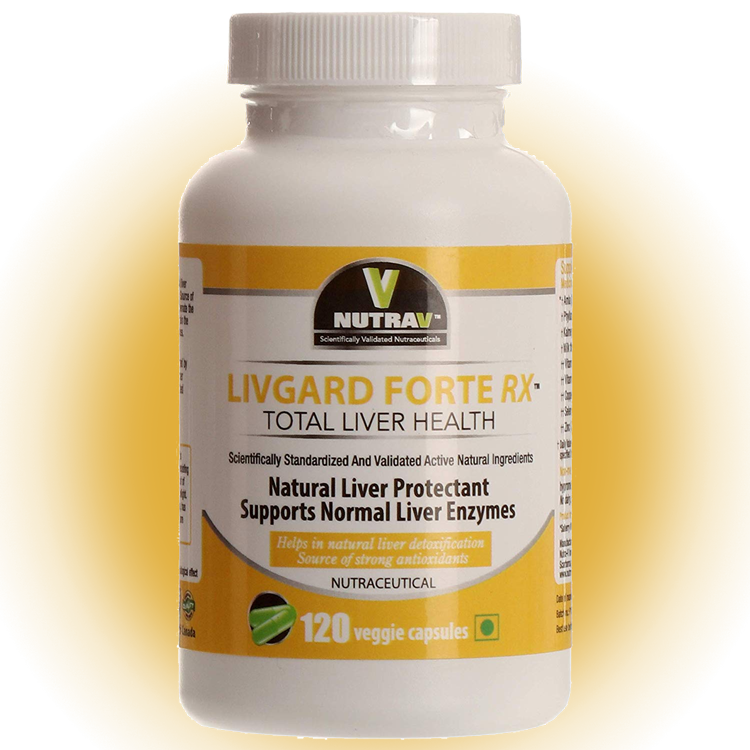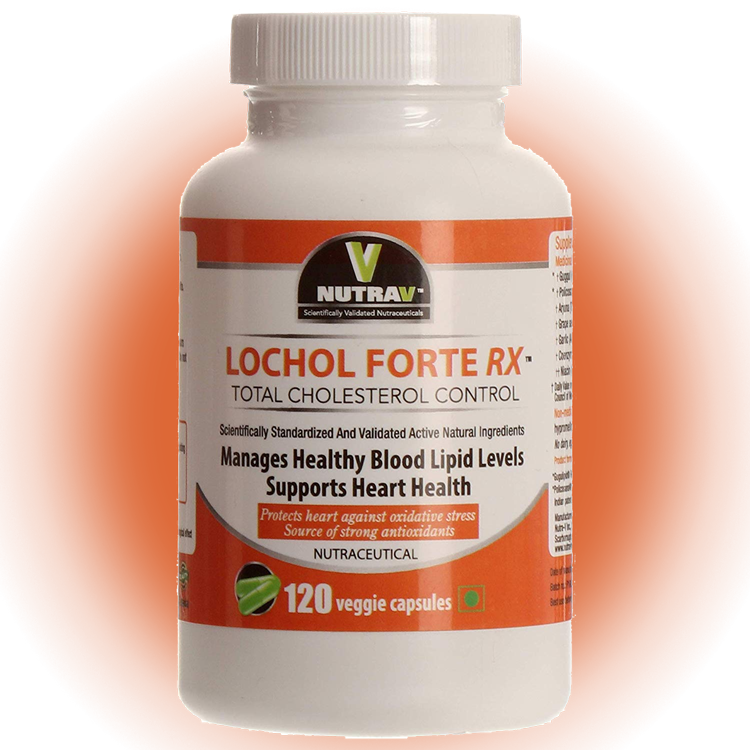Eggs are popular and highly nutritious food and strong antioxidants, rich in vitamins, minerals, protein and fat. Whole eggs (with yellow yolk) are naturally high in cholesterol. But the cholesterol in eggs doesn’t seem to raise cholesterol levels the way some other foods, such as those high in trans fats and saturated fats, do. Most of the health guidelines and recommendations, around the world, have now lessened the restrictions on egg intake.
Are Chicken Eggs Good Or Bad For Cholesterol?
For years, it has been believed that cholesterol food in eggs contributes to heart disease. Recent researches now suggest that the link between eating eggs and elevated heart disease on the rise is not as strong as once thought. In fact, they are a significant source of cholesterol in the standard American diet now. The restriction on dietary cholesterol from eggs has been lifted.
Recent observational studies and clinical studies have found that eating eggs may not increase the risk of heart disease or its factors like stiffening of arteries and high cholesterol levels. One study on diabetic patients showed that eating 6-12 eggs/ week increased ‘good cholesterol’ HDL which helps in removing excess cholesterol through the liver with no impact on total cholesterol. More research is needed to determine the link between eggs, diabetes, and heart disease.
Yet there are some strong reports which indicate the possible link and negative aspect of egg cholesterol if they are cooked in oil or butter or eaten along with foods that are high in cholesterol, high in calories, and trans and saturated fat like fried foods ( deep-fried meats, cheese sticks and wings, mozzarella sticks and onion rings), fast foods (burgers, noodles, chips), processed foods (sausages, bacon, hot dogs, ham) and desserts (pastries, cakes, cookies, ice creams, sweets) and other foods like full-fat yogurt, cheese and likewise dairy products.
Although it may seem logical that dietary cholesterol would raise blood cholesterol levels, it usually doesn’t work that way. The liver actually produces cholesterol in large amounts because cholesterol is a necessary nutrient for our cells. When we eat larger amounts of high-cholesterol foods, such as eggs or other cholesterol-rich foods, our liver produces less cholesterol because more of it is coming from our diet.
In contrast, when we get little cholesterol from food, our liver produces more to compensate. Because of this, blood cholesterol levels don’t change significantly in most people when they eat more cholesterol. As a result, the blood cholesterol levels will likely stay about the same or increase slightly while the HDL to LDL ratio (the important marker of risk of heart disease) remains the same.
The American Heart Association recommends up to one egg per day for most people and fewer for those having high cholesterol, diabetes, or are at risk of heart disease. Two eggs a day have been recommended for older people with normal cholesterol levels and who eat a healthy diet.
One large egg has about 186 mg of cholesterol, all of which is found in the yolk. According to some studies, eating up to an egg a day might be an OK choice if one’s diet contains little other cholesterol from other sources. If somebody like eggs but doesn’t want the cholesterol, one can use only egg whites. Egg whites contain no cholesterol but still contain protein.





 All rights reserved.
All rights reserved.